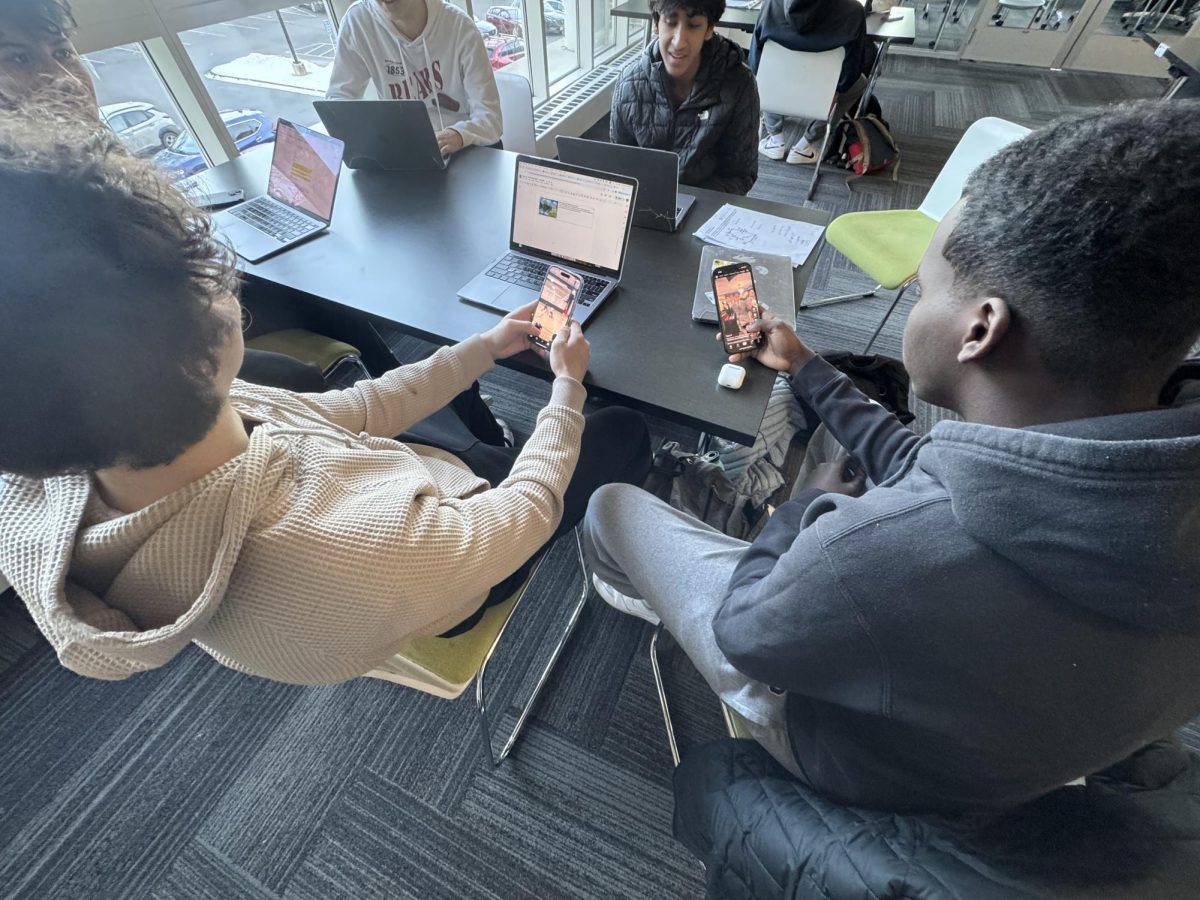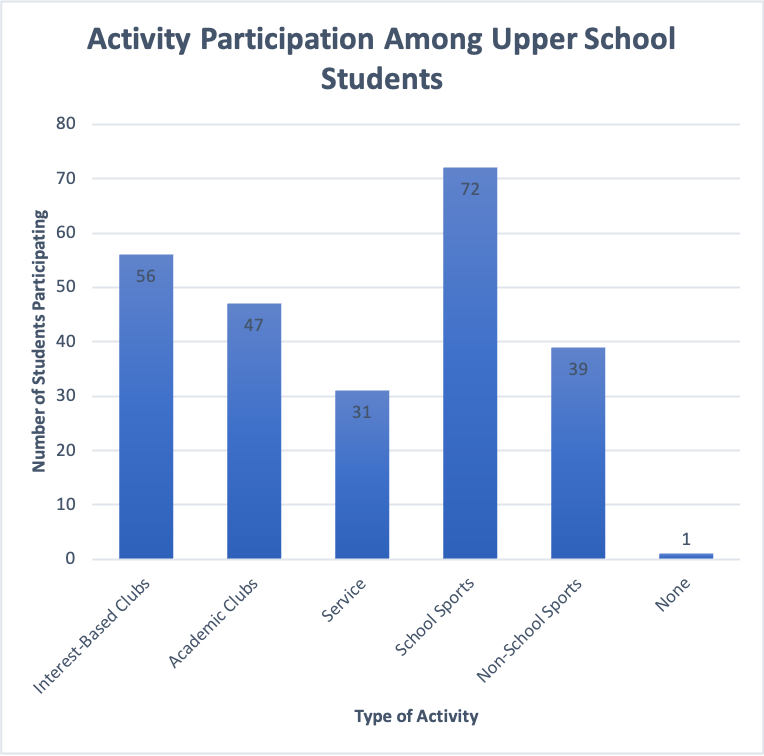Cell phones have long been recognized as an impediment to learning. At school, the focus should be on providing an immersive learning environment in which students can thrive. Cell phones distract from this objective, providing an easy diversion from work, adding to levels of social pressure and anxiety, and enabling behaviors that negatively impact the academic environment that schools strive to be. The new phone rules are safeguards to students’ learning ability–these regulations strive to minimize distractions associated with phone usage and to restore the integrity of the school day as a time for study and growth.
The clutter, appeal, and accessibility of the digital world can interfere with student focus. The link to the exterior world created by mobile devices rechannels students’ attention to priorities other than learning. “It is really natural for us to be in the habit of checking them,” says Erin Adams, Director of Counseling, on the ubiquity of phone usage. Part of a productive school day is maintaining a concentrated, self-contained environment, something that phones, devices made to connect and redirect, inhibits. Regulating phone usage in school can help to forge better everyday learning opportunities for students. “You’re picking something up if you’re not actively looking at something else,” says Trey Muraoka, Latin teacher.
These new rules also help students to build bonds and engage on a deeper level. “I think most people can be trusted not to [use their phones inappropriately] without the rule, yet [the rules are] also communicating a community value that this is a space we want people to just be able to be in the present moment and be attentive to our community members in that time,” comments Adams on phone regulations, specifically in the Juliet Nelson Auditorium and other community spaces. A school’s job is to constantly rethink its policies in order to best support students and foster community, and policies regarding phone usage are no exception. Blake has decided to put its students’ academic and social progress on the front burner; the new phone rules are here as a catalyst for encouraging deeper learning and connections.
These changes in school policy inspire hope that problems associated with phone usage in the classroom and community spaces will lessen, and that class time will be rededicated to student growth. Although these rules are new, Muraoka says that he has already seen a decrease in confiscated phones since the beginning of the year, something that suggests fewer instances of inappropriate usage. The school day is a time for learning; if the new phone rules enable students to fully embrace that, then they are assuredly a welcome change. “I think there’s also a desire for people to feel some freedom from their phones for a short period of time,” says Adams on the reasons behind the change. “In some ways there’s just a lot of value in there being a community agreement.”











